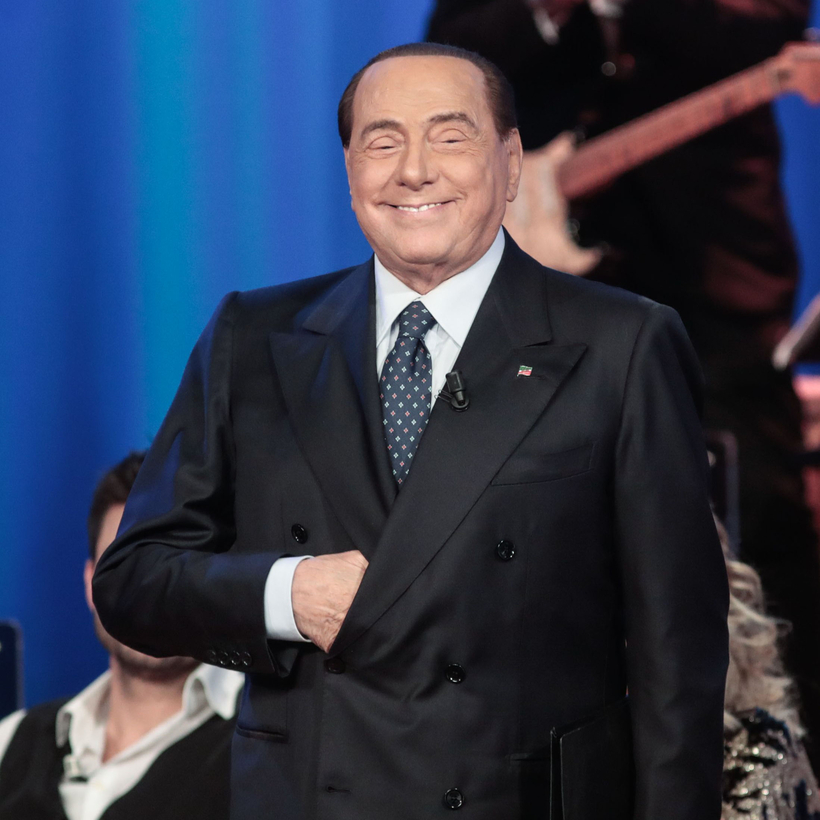The king of Bunga Bunga is a master of the yo-yo. The harder he falls, the quicker he pops back up. And in the long and meandering career of Silvio Berlusconi—cruise-ship crooner, billionaire media mogul, three-time Italian prime minister—there have been many, many falls.
Like the tax-fraud-and-bribery probe in 1994 that scuttled his coalition government just seven months into his first premiership. Or the imprisonment of the co-founder of his political party for connections to the Cosa Nostra in 2004. Or the emergency heart surgery he underwent following a collapse in 2006. (He later said it was nothing serious and that he’d live to 120.) Or the Eurozone crisis in 2011 that finally saw the public momentarily fall out of love with the master deal-maker. Or the tax-fraud conviction that led to his ejection from the Italian Senate in 2013. (He was sentenced to one year of community service, which he carried out from a nursing home.) “I must have written the phrase ‘Silvio Berlusconi is finished’ dozens of times during my career,” says Giada Zampano, an Italian journalist who writes for The Wall Street Journal and The Telegraph. “But every single time, he proves me wrong.”


